By: Maggie Stewart
Kastalia Theo was swimming in a cove off the Cycladic islands when something brushed against her leg. At first, “I pushed it away,” she said, thinking, “it was a plastic bag with a hair in it,” but as she began to have an allergic reaction, she realized it was a jellyfish.
Theo, 21, now works part-time at Archelon, a sea turtle rescue and rehabilitation center founded in 1983, located in Glyfada, a coastal neighborhood outside Athens, giving tours and educating people about turtle injuries, many caused by plastic mistaken for jellyfish or entanglement in fishing gear. Lying in the hospital after her sting, she realized, “People think, oh, how could a turtle confuse a plastic bag for a jellyfish? Are they stupid? But they’re actually really smart.”
Theo grew up in Greece, spending summers camping on Zakynthos, an island known for its threatened Loggerhead nesting beaches, a species of turtle common in the Mediterranean. Her fascination with sea turtles began here.
Greece is crucial to the survival of Loggerheads. The Greek island of Zakynthos alone hosts 80% of the Mediterranean’s nests. But tourism and climate change put them at risk. Zakynthos is one of Europe’s most overcrowded destinations. According to The Guardian, overnight stays outnumber residents 150 to one. Tourists unknowingly disrupt nesting sites by crowding beaches and playing loud music. Artificial light from beach bars confuses hatchlings, drawing them away from the moonlit sea. Climate change heats the sand, skewing hatchling sex ratios towards females. Meanwhile, shrinking fish stocks put fishermen in competition with turtles. As Theo told me, some even deliberately harm them.
The mounting threats to the turtles and her personal experience pushed her into action. A few years after her sting, she joined a nesting beach project in the Peloponnese. “I was there during the beginning of the nesting season, and with the eggs and the mother turtles, it was a smaller beach project out of all of them, but it was really nice.”
Now, Theo spends her free time educating the public. Theo introduced herself as my tour guide for the day while standing inside the teal-colored former train cars that serve as Archelon’s office. Dressed in a light blue shirt that read “Ask me about sea turtles,” and silver sea turtle hoop earrings, she led the way.
When I arrived, the power had gone out due to construction on a nearby marina. Still, the team carried on. As we walked through the open-air tanks, one turtle surfaced for a breath while a volunteer cleaned another enclosure. “We will make it work,” one said when referring to dealing with the outage.
The volunteers of Archelon embody this spirit of perseverance, adjusting release methods, caring for injured turtles, and taking them back as often as they need. One turtle, named Sophie, lost a flipper to a fishing net. “We’ve released her before, gotten a call, then brought her back, released her again, gotten a call, and brought her back,” Theo told me. But Archelon hasn’t quit on Sophie or any turtles.
“It is everything for us,” said Christiana Kamprogianni, Archelon’s communications officer. “Volunteers are how we exist and how we can protect turtles. If we didn’t have volunteers, we wouldn’t be able to do any of the work we do.”
Their efforts have been paying off in recent years; conservation teams across the Mediterranean have recorded record numbers of nests and surviving hatchlings. But while Loggerhead conservation is currently a success story, it remains a fragile one. Since Loggerheads take roughly 20 years to mature, Panagiota Maragou, WWF’s Head of Conservation, warns that the success we see today in nesting is a result of conservation work from 20 years prior. To ensure the continued protection of sea turtles, volunteers like Theo and the team at Archelon are crucial, as caretakers and educators protecting sea turtles from the increasing threats of climate change, pollution, and human encroachment.
“We just have to let nature be nature,” Theo said, and by “ helping nature be nature it means fixing the problems caused by humans.”
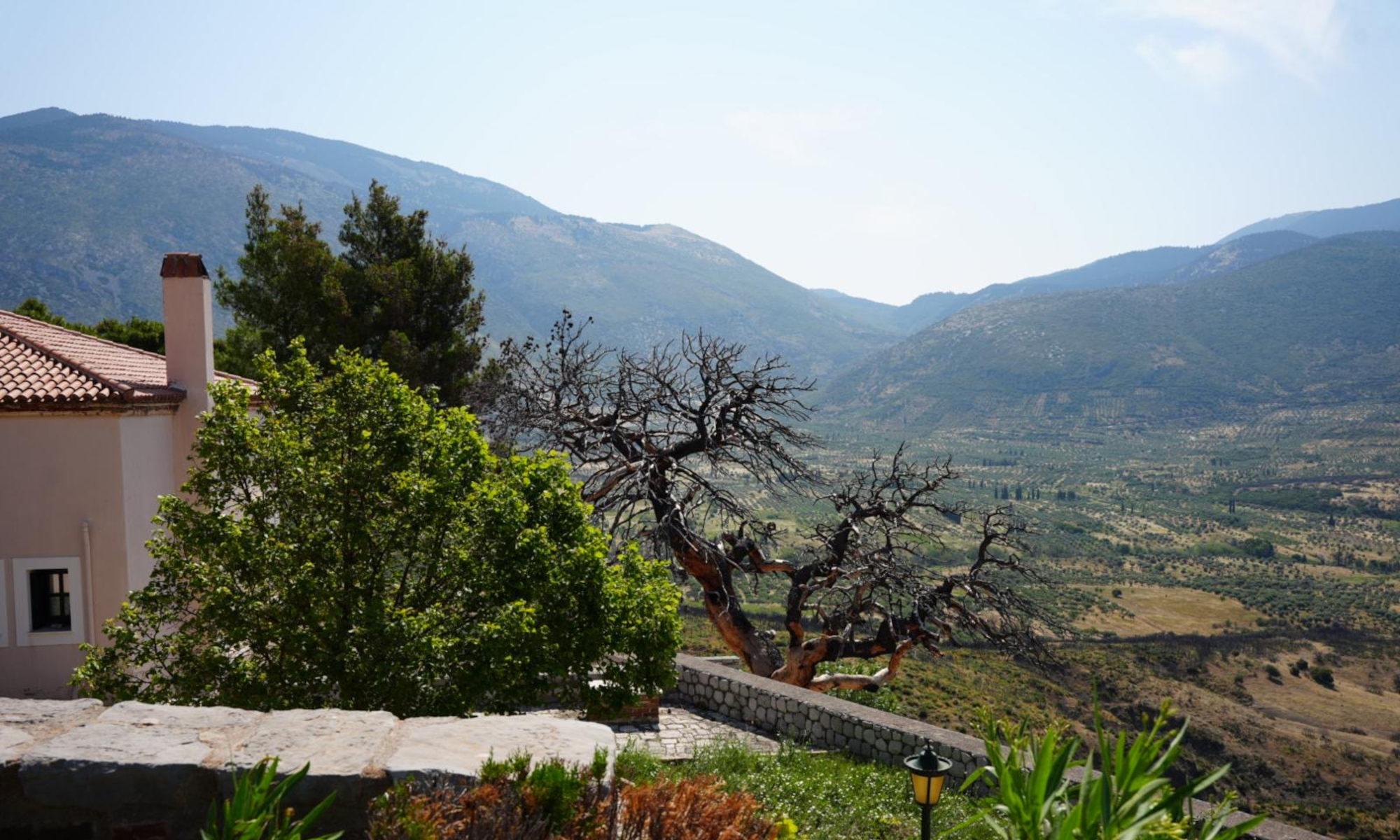
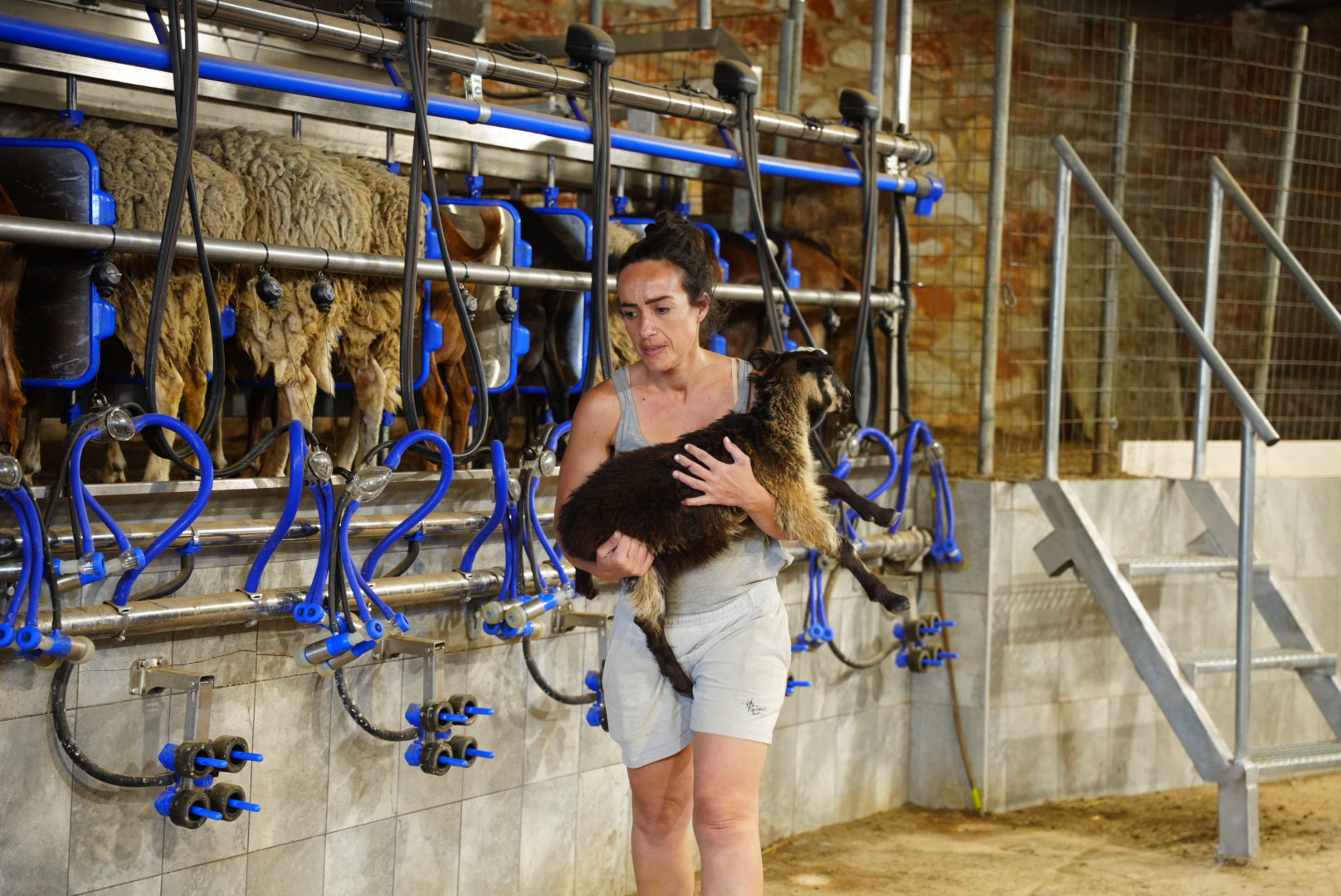
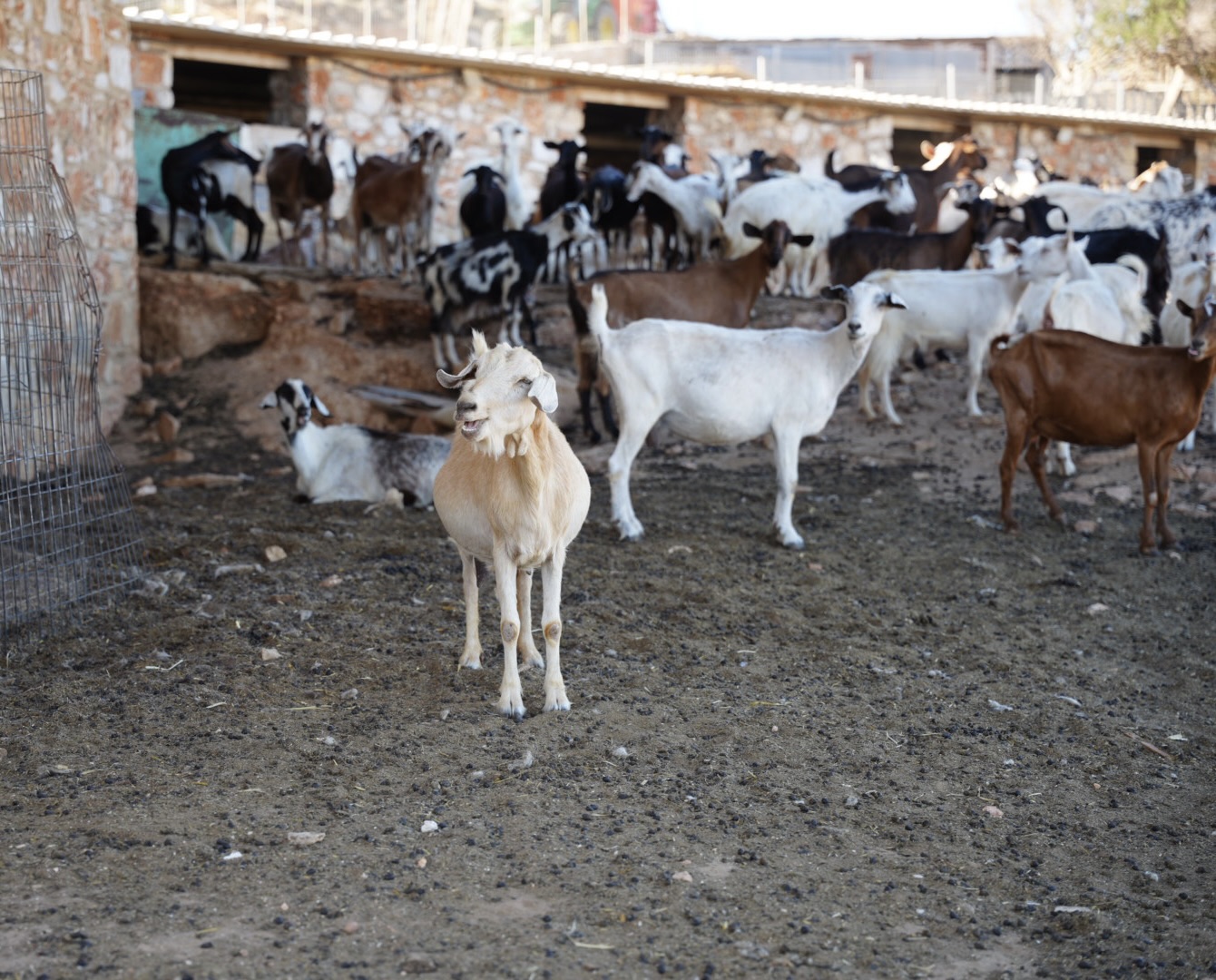
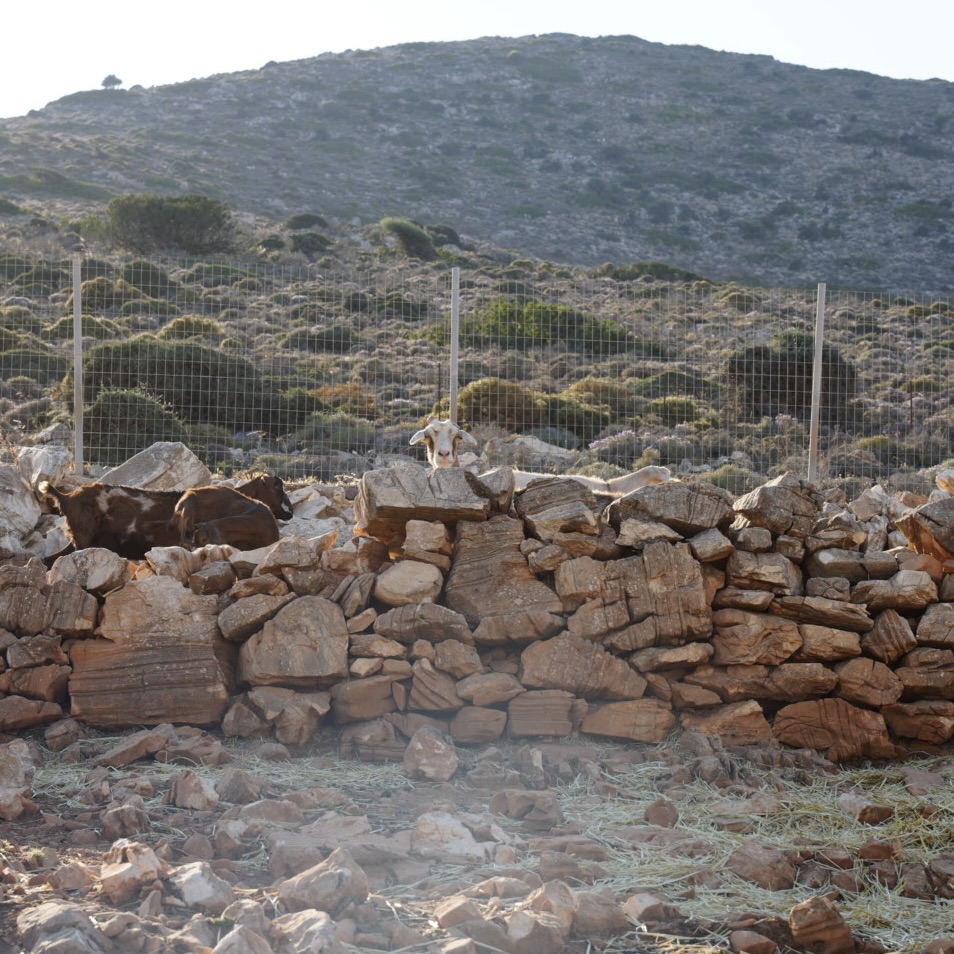
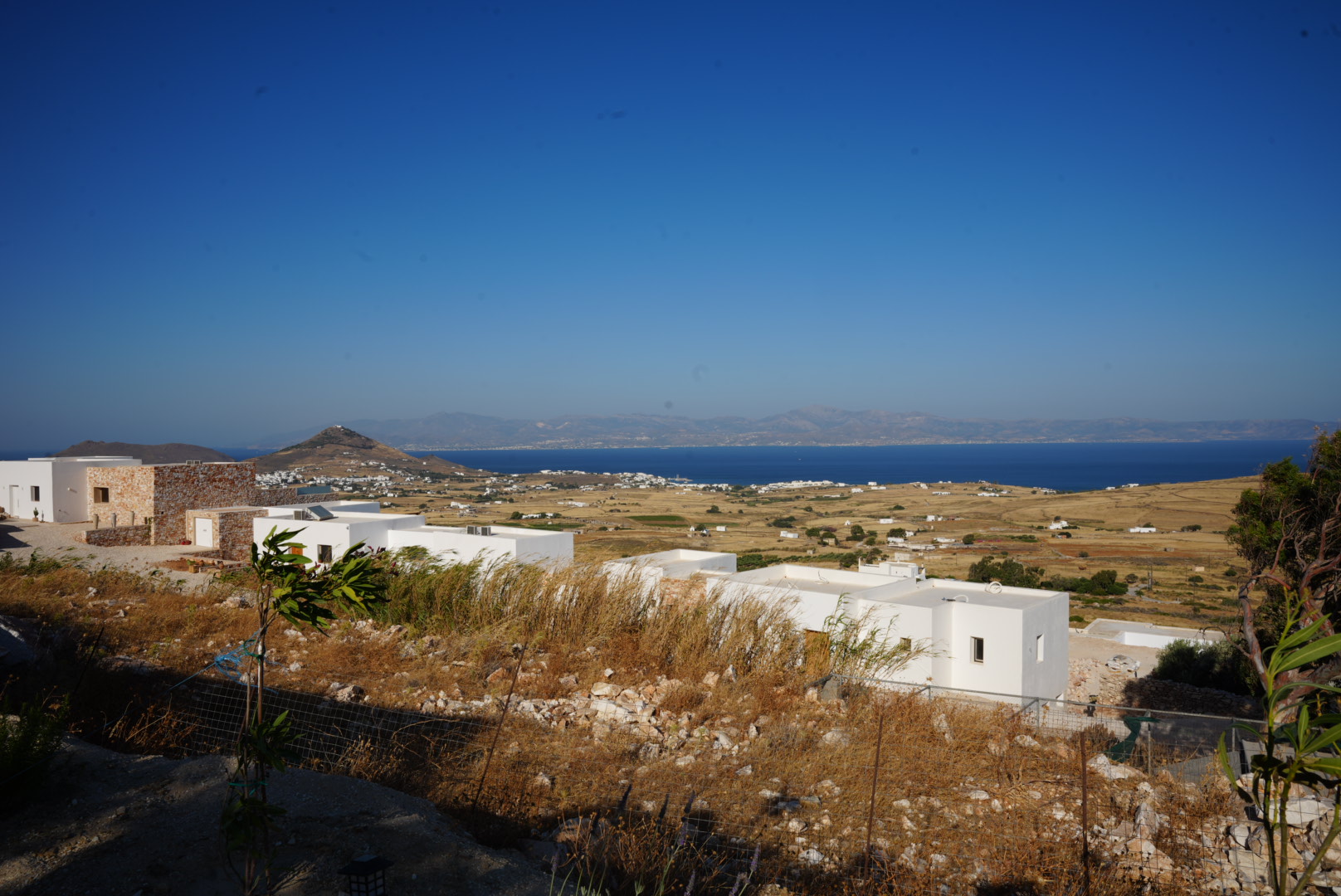
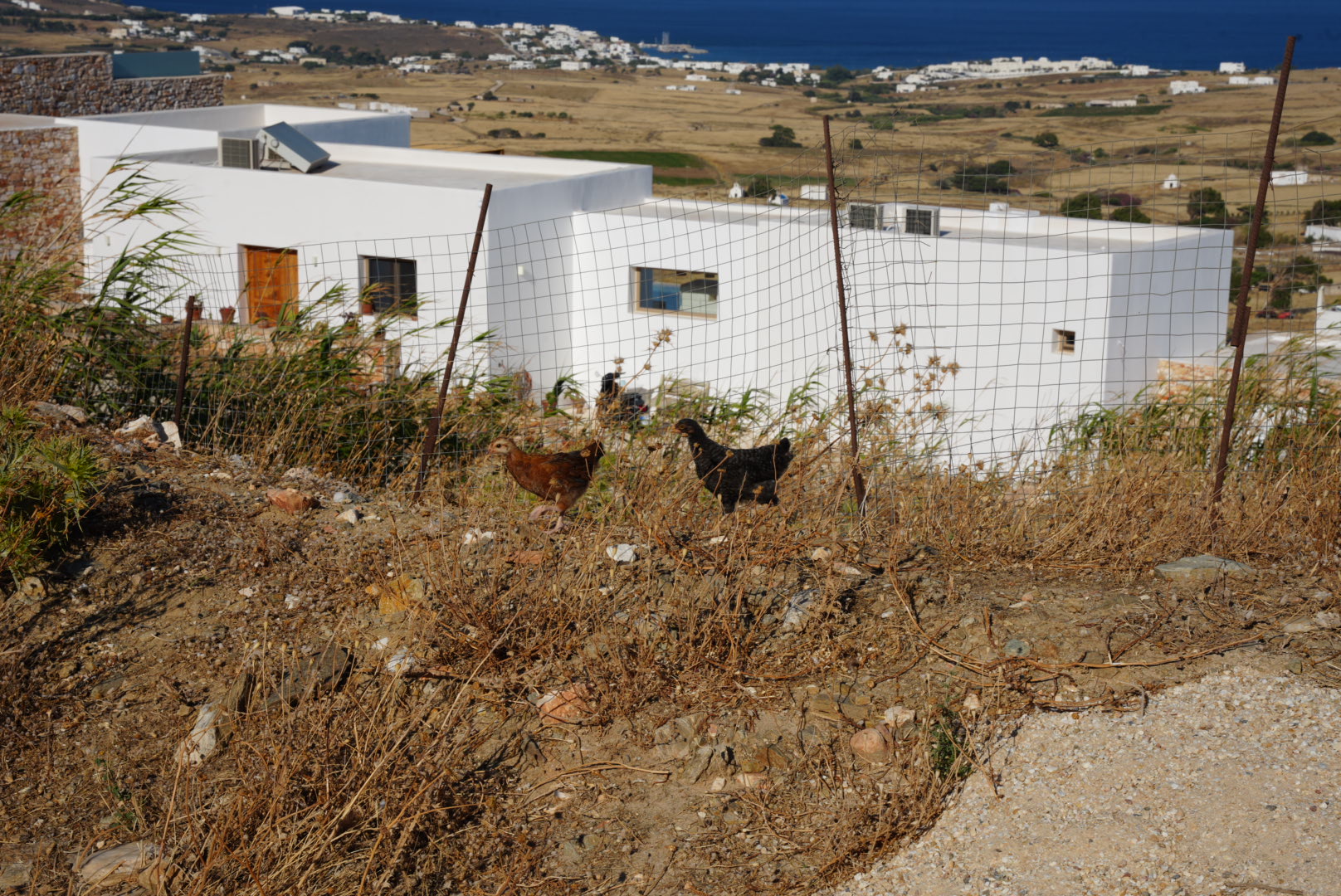
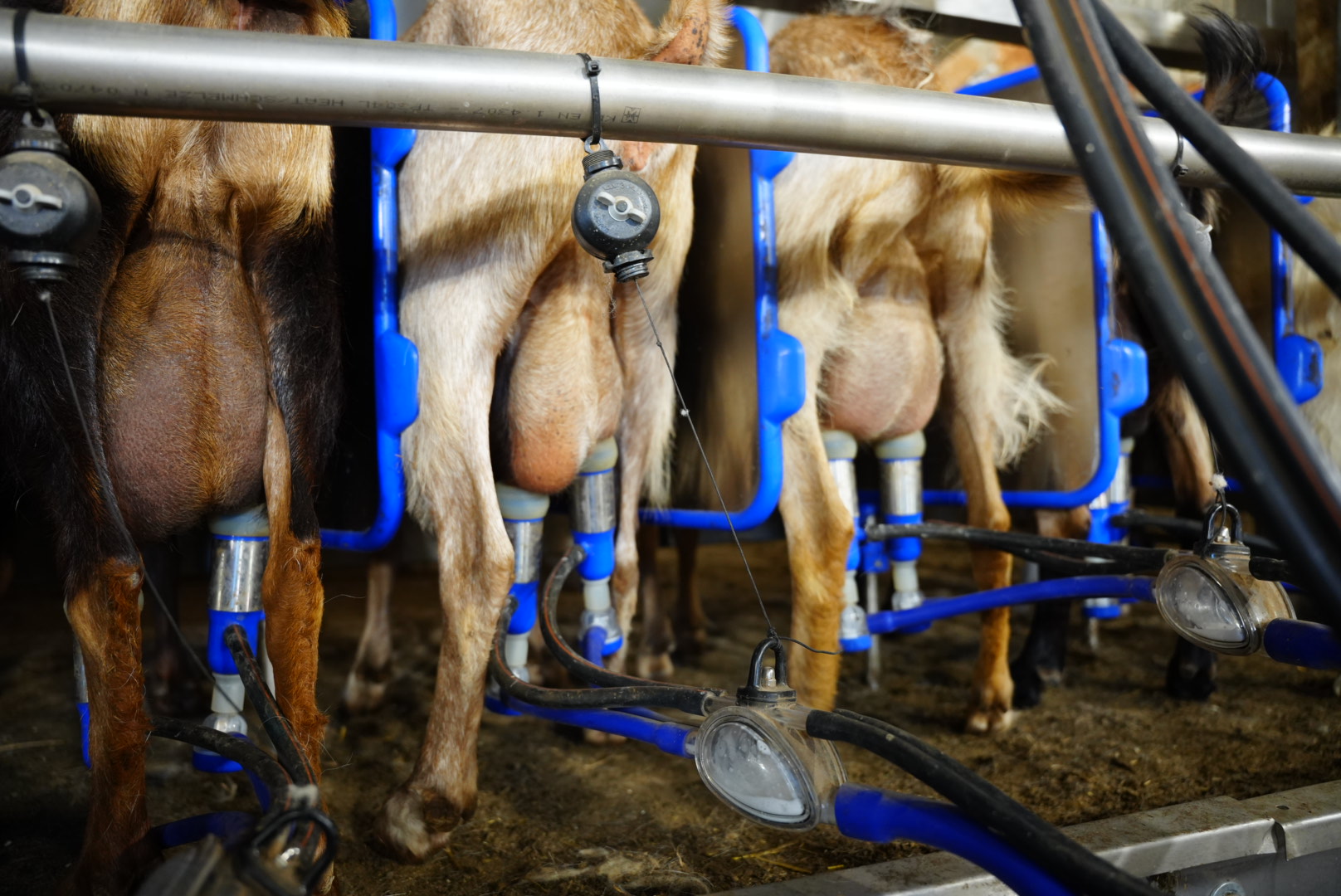
 Maggie Stewart is a member of Princeton’s class of 2028, planning to major in anthropology with minors in environmental studies and journalism. She is a staff reporter for WPRB, Princeton’s student-run radio station, where she produces audio podcasts for the News and Culture section and ma
Maggie Stewart is a member of Princeton’s class of 2028, planning to major in anthropology with minors in environmental studies and journalism. She is a staff reporter for WPRB, Princeton’s student-run radio station, where she produces audio podcasts for the News and Culture section and ma